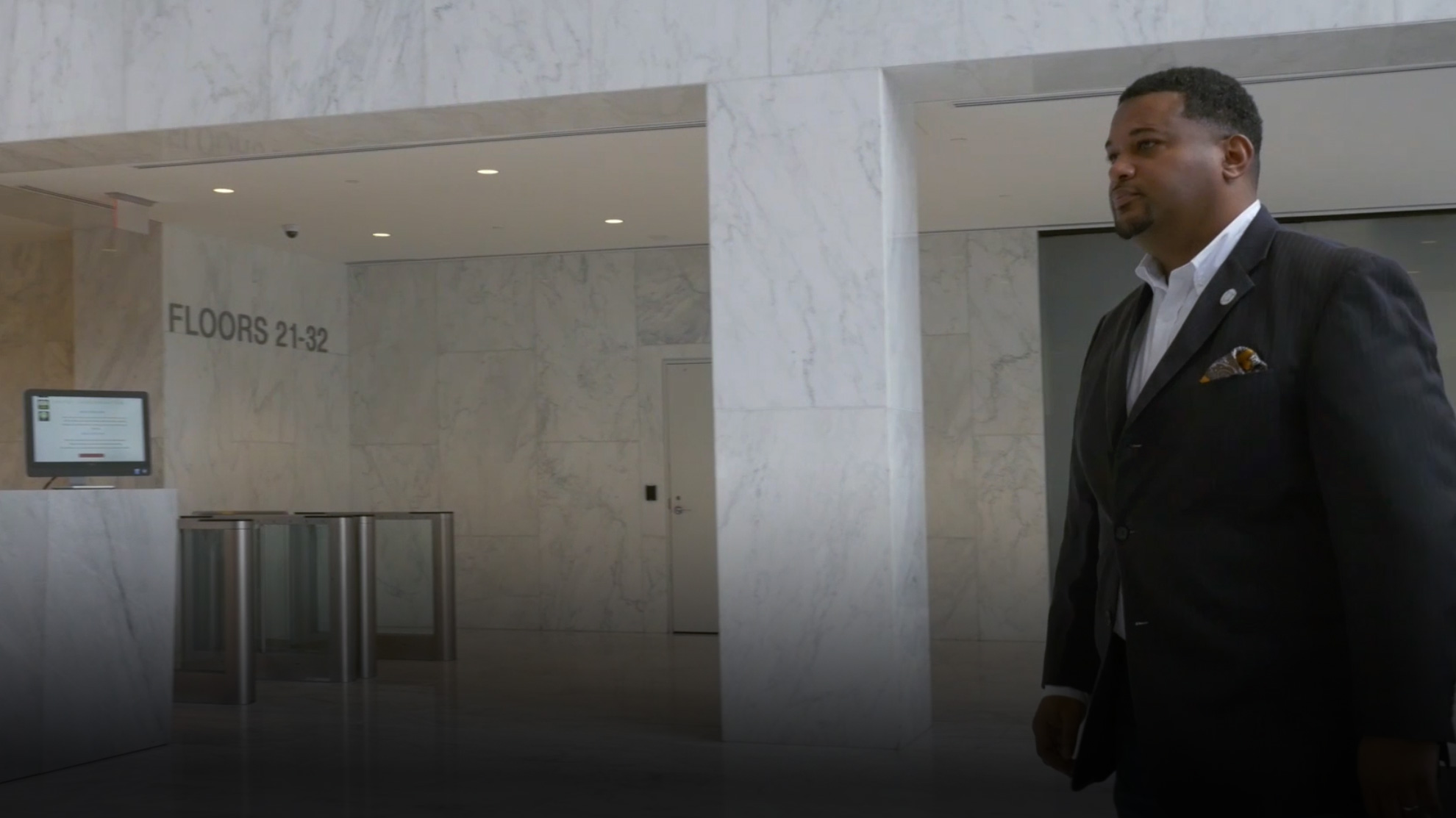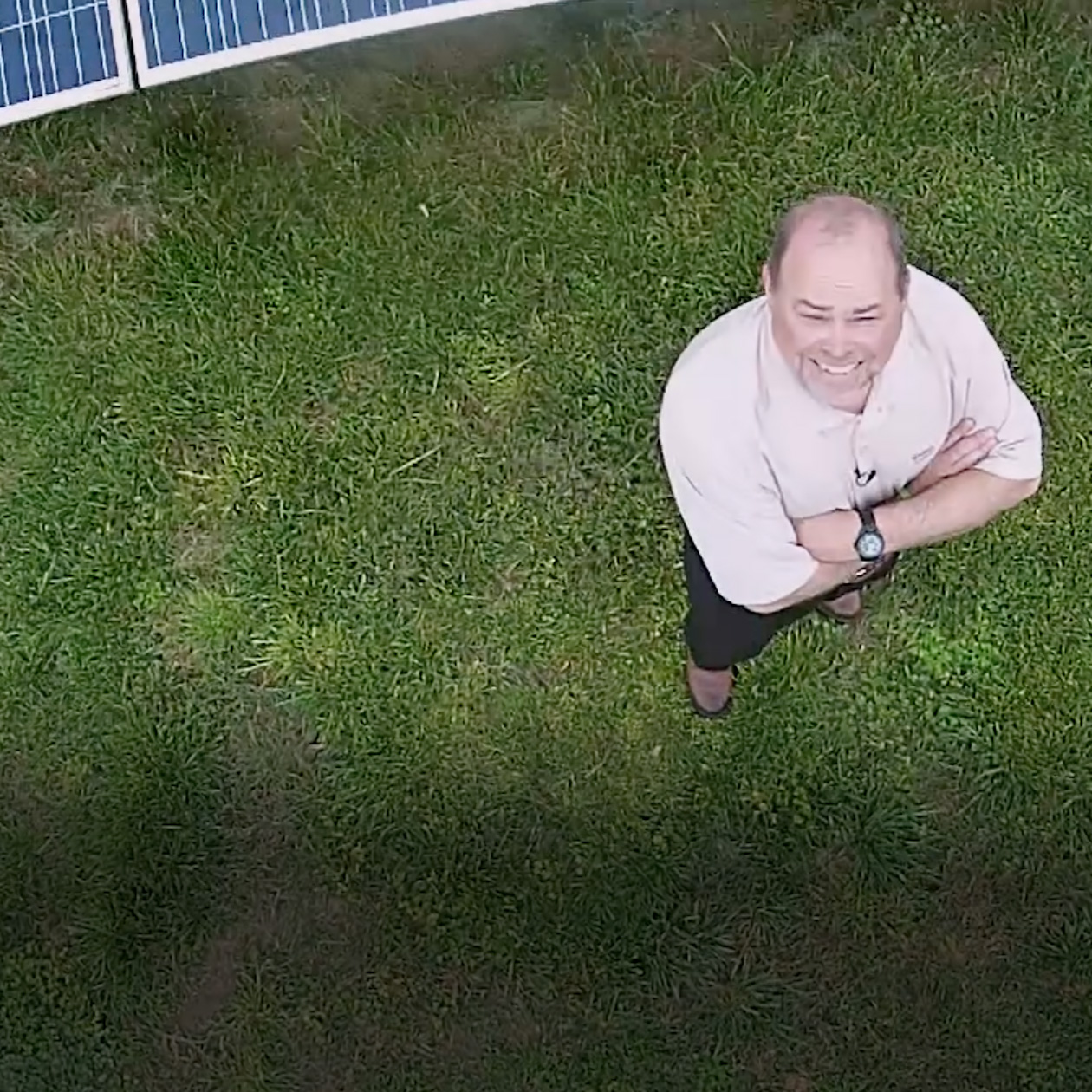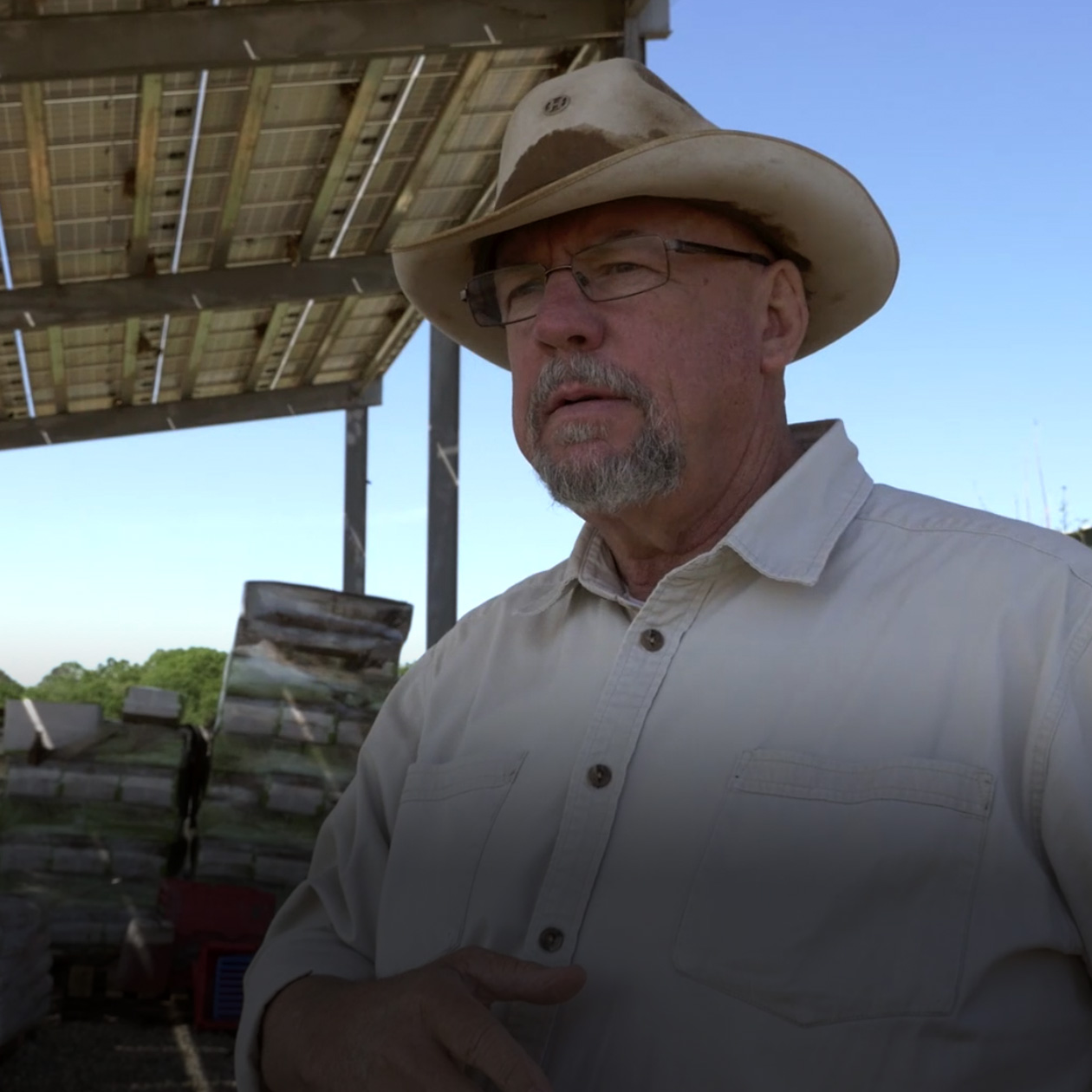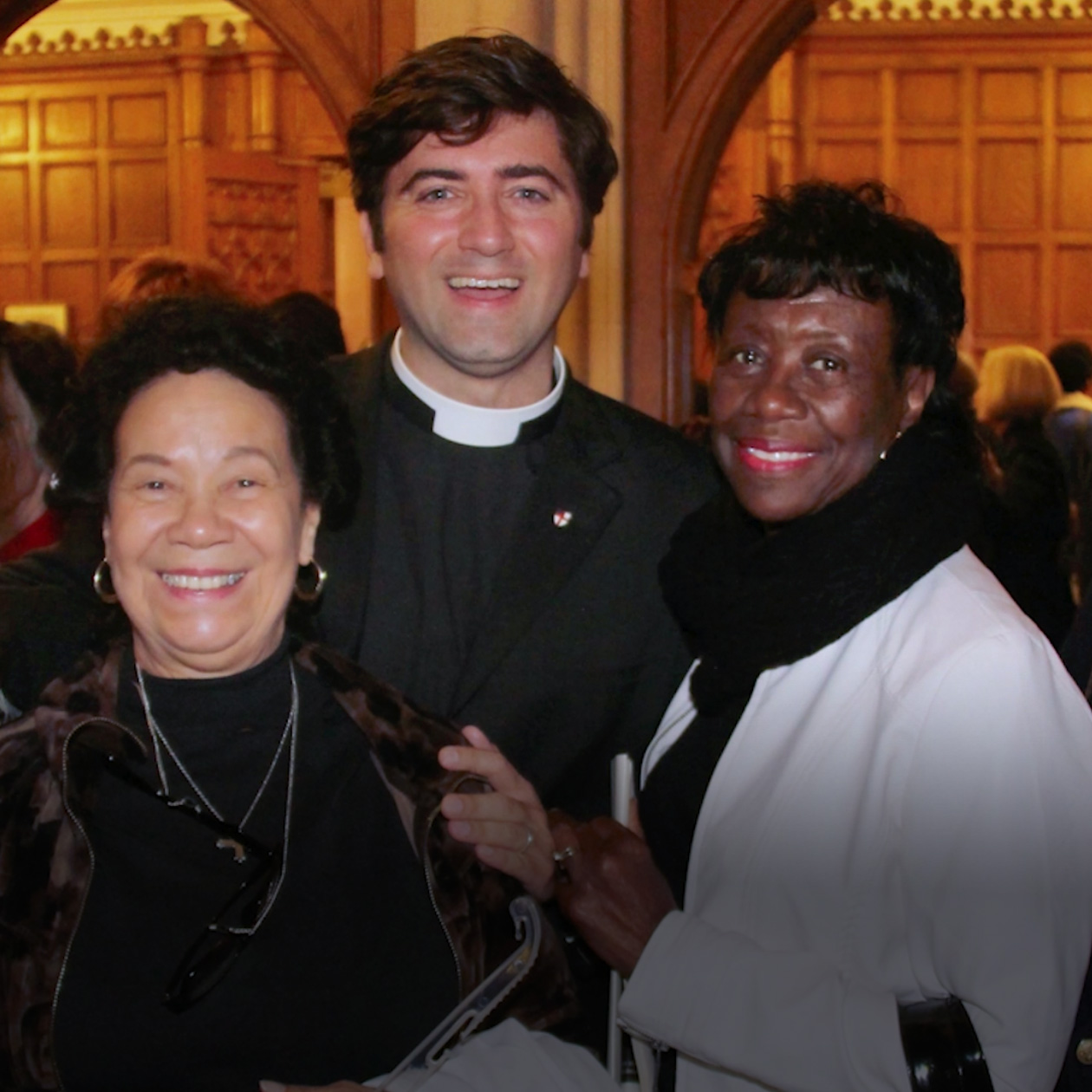Nathaniel Smith
From his sparsely furnished office high in Atlanta’s Equitable Building, Nathaniel Smith has a breathtaking view of the bustling metropolis below. Here, he can see the golden dome of the Capitol building glinting in the sun, the Skyview ferris wheel spinning lazily in Centennial Park, the construction cranes perched over the new Mercedes Benz stadium on Martin Luther King Junior Drive.
It’s a stunning view, for sure. But one that Smith knows masks a truth that is stunning in its own right: of all cities in the U.S., Atlanta has the highest degree of income inequality.
The numbers are stark. According to Smith, the median income for a black family in Atlanta is just $23,000 a year, while the median income for white families is $88,000. And that gap is only growing.
“The percentage of suburban poverty in our region has increased by 159 percent—more than any other region of its size in the country,” Smith says.
Or to put it another way: “a poor child is more likely to remain poor in Atlanta than almost any other place in the country.”
It’s that inequity that drove Smith to establish the nonprofit Partnership for Southern Equity, or PSE, six years ago. With a mission of “promoting equitable development and shared prosperity in the Atlanta metropolitan region,” PSE focuses on some of the obvious factors that contribute to inequality: access to jobs, transportation, housing, etc.
But the organization has another focus as well, one that people on the upper end of the income gap have traditionally not considered a matter of equity: energy.
In Smith’s estimation, low-income communities experience a “disproportionate burden” when it comes to energy. Not just in terms of cost—although upper income families rarely have their power shut off due to lack of payment—but in terms of how and where energy is produced, the resulting pollution, and decision-making power as well.
“Whether it be the public service commissions in states around the south, or our rural electric co-ops,” Smith says, “on many occasions, when we are engaged in these conversations, we are the only person of color or organization led by someone of color in the room.”
“It's about democracy,” he continues, “it's about making sure that various voices have a chance to not only engage, but also benefit.”
Just as low-wealth communities have suffered disproportionately in a fossil-fuel based economy, Smith worries that they will miss out on many of the benefits that a renewable energy economy can offer—from cleaner and safer energy, to lower-cost electricity, to jobs.
“It moves beyond a burden,” Smith explains, “towards a tax of exclusion that communities have to deal with because they have not been situated to participate in our emerging economy.”
And the potential losses from that “tax” run both ways, Smith says. By excluding low-wealth and minority communities from the renewable energy economy, the broader community suffers from the loss of brain power, drive, and enthusiasm that results.
As Chief Equity Officer of the Partnership for Southern Equity, Smith is working hard to change that. He’s not sure how long it might take, but one thing he is certain of is that solar energy will play a key role in that transformation.
Moving towards a more sustainable, renewable energy economy, “gives us an opportunity to not only create a more energy efficient path,” Smith says, “but a more just path for everyone.”




